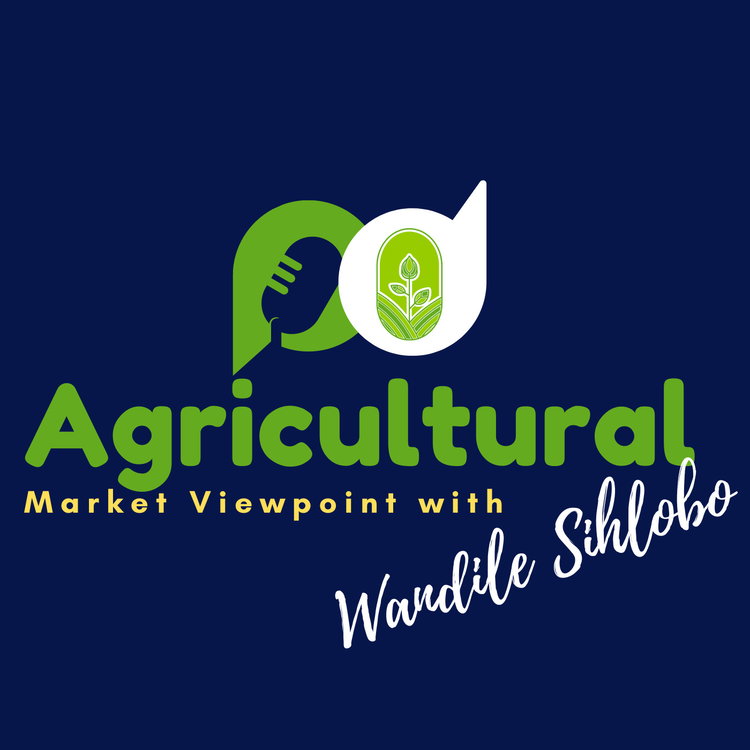
Biosecurity challenges in SA agriculture
Loading player...
One aspect that remains a major challenge for the domestic animal farming sector and has been raised by our members in various engagements for some time is the weaknesses in South Africa's biosecurity system. Admittedly, biosecurity breaches are not uniquely South African and have become a significant challenge globally. We frequently hear of Foot and Mouth Disease (FMD) in cattle, African Swine Fever in pigs and Avian Influenza in poultry worldwide. However, very few countries have had to deal with the scale of these disease outbreaks almost simultaneously as South Africa has had to do.
In 2022, six of our nine provinces reported MFD outbreaks. The conditions haven't changed much. In fact, on November 4 this year, the Department of Agriculture, Land Reform and Rural Development (DALRRD) announced "a suspicion of an outbreak of foot–and–mouth disease (FMD) in cattle in Ramatlabama under the Ngaka Modiri Molema District Municipality in North West Province." The DALRRD added, "At this point, it is just a suspicion of an outbreak based on positive serology results. Epidemiological investigations are underway to confirm the presence or absence of virus circulation." This means that the FMD issue that was identified a year ago remains a challenge. Notably, these outbreaks weigh heavily on the cattle industry's fortunes, and the 2022 massive outbreak led to the suspension of beef and livestock product exports to a range of markets for some time.
The impact was not limited to cattle as the sheep industry was also affected. We saw the suspension of wool exports for a couple of months in China, a significant export market. At the time, China had cited the FMD disease outbreak as a reason to suspend South Africa's wool imports. But as we have highlighted before, China may have also had capacity issues at its ports at the time because of the tail-end effects of COVID-19 and the restrictions that lasted longer than in parts of the world. We say this because there is a unique protocol to handle the wool shipments and avoid any containment during an FMD disease outbreak in South Africa. South Africa and China agreed on this protocol following the 2019 outbreak, which weighed on wool exports that year, resulting in a major financial impact on the wool industry and farmers.
Towards the end of 2022, we learned of the outbreaks of the African Swine Fever, which put the pig industry under additional pressure. This remains an ongoing challenge in the pig industry. Most recently, the focus has been on Avian Influenza, where more than a hundred commercial poultry facilities have reported cases. There are major losses in parent stock for breeders of layers and broilers, thus leading to imports of fertilized eggs to rebuild the parent stock flock decimated by the disease. The financial impact of this outbreak is evident in the recent losses announced by the major producers and the price increases of some products from a consumer perspective.
We discuss more in this week's podcast segment.
My writing on agricultural economic matters is available on my blog: https://wandilesihlobo.com/
Podcast production by: Lwandiso Gwarubana, Richard Humphries, and Sam Mkokeli
In 2022, six of our nine provinces reported MFD outbreaks. The conditions haven't changed much. In fact, on November 4 this year, the Department of Agriculture, Land Reform and Rural Development (DALRRD) announced "a suspicion of an outbreak of foot–and–mouth disease (FMD) in cattle in Ramatlabama under the Ngaka Modiri Molema District Municipality in North West Province." The DALRRD added, "At this point, it is just a suspicion of an outbreak based on positive serology results. Epidemiological investigations are underway to confirm the presence or absence of virus circulation." This means that the FMD issue that was identified a year ago remains a challenge. Notably, these outbreaks weigh heavily on the cattle industry's fortunes, and the 2022 massive outbreak led to the suspension of beef and livestock product exports to a range of markets for some time.
The impact was not limited to cattle as the sheep industry was also affected. We saw the suspension of wool exports for a couple of months in China, a significant export market. At the time, China had cited the FMD disease outbreak as a reason to suspend South Africa's wool imports. But as we have highlighted before, China may have also had capacity issues at its ports at the time because of the tail-end effects of COVID-19 and the restrictions that lasted longer than in parts of the world. We say this because there is a unique protocol to handle the wool shipments and avoid any containment during an FMD disease outbreak in South Africa. South Africa and China agreed on this protocol following the 2019 outbreak, which weighed on wool exports that year, resulting in a major financial impact on the wool industry and farmers.
Towards the end of 2022, we learned of the outbreaks of the African Swine Fever, which put the pig industry under additional pressure. This remains an ongoing challenge in the pig industry. Most recently, the focus has been on Avian Influenza, where more than a hundred commercial poultry facilities have reported cases. There are major losses in parent stock for breeders of layers and broilers, thus leading to imports of fertilized eggs to rebuild the parent stock flock decimated by the disease. The financial impact of this outbreak is evident in the recent losses announced by the major producers and the price increases of some products from a consumer perspective.
We discuss more in this week's podcast segment.
My writing on agricultural economic matters is available on my blog: https://wandilesihlobo.com/
Podcast production by: Lwandiso Gwarubana, Richard Humphries, and Sam Mkokeli

